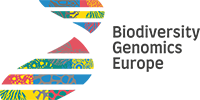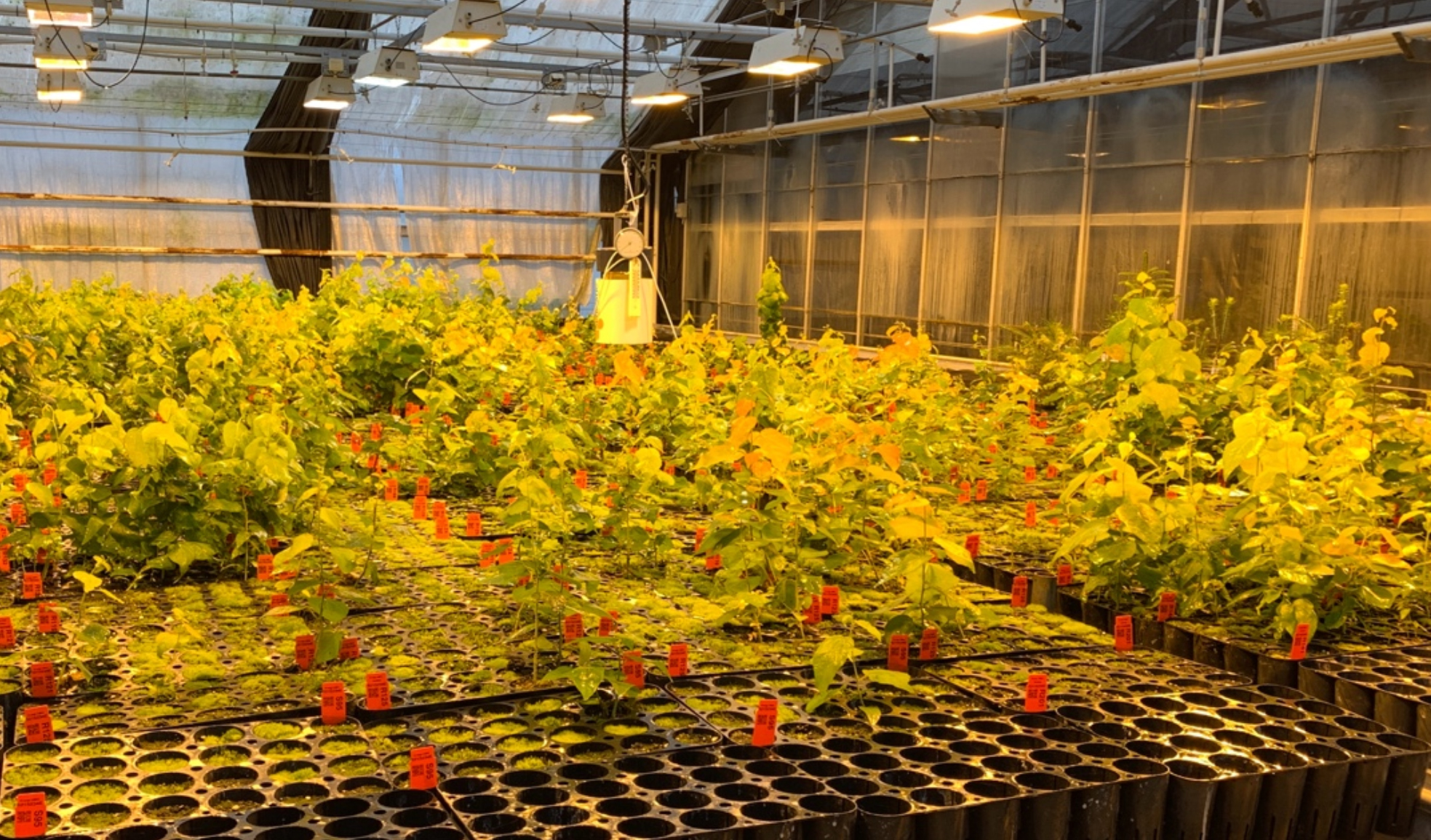Case study
New collection of aspen trees!
Plant biologists from Umeå Plant Science Centre in northern Sweden are excited to be sampling the first individuals from a new collection of aspen trees.
Biologists sample aspen trees from across Northern Scandinavia
Nathaniel Street is Professor of Forest Tree Genomics at Umeå University and leader of the NordAsp BGE project. Visit our homepage, labpage and read more about the T4F project at https://www.slu.se/en/Collaborative-Centres-and-Projects/trees-and-crops-for-the-future/
Photos Credit: Urška Klepec and Maxime Chantreau
Plant biologists from Umeå Plant Science Centre in northern Sweden are excited to be sampling the first individuals from a new collection of aspen trees. This will kick off a long-term project about genetic diversity in Nordic aspen trees (NordAsp). The NordAsp project studies natural genetic diversity in aspen, Populus tremula, along a climatic gradient across northern Norway and Sweden. Last summer, the roots of wild aspen trees were dug from more than 1200 locations spanning the Scandinavian peninsula, and new plants were propagated from those roots. Next year, 700 of these will be planted in new field experiments in both countries. Already this July, leaf samples will be harvested so that DNA can be extracted from representative trees to get advance knowledge about the genetic diversity of NordAsp.
Previous research has shown that there is a huge amount of genetic variation among aspens on the landscape. Aspens are very heterozygous, meaning that individuals are genetically very different to each other – just like humans are. The DNA sequencing of the first 40 individuals of the NordAsp collection will give us the opportunity to look at variation in DNA sequences among representative trees growing along our east to west sampling transects. We will see how the trees differ as individuals, looking for contrasting patterns of inheritance in their genetic sequences. We will also get information that helps us plan the DNA sequencing of all 700 aspens in our new common garden experiments, for example which sequencing technologies to use. The data will lead us to a new wealth of knowledge about the biology of an ecological keystone species. Information about genetic variation along this extreme climatic transect will also help us predict the resilience of this species – and its dependent flora and fauna – when faced with future climate scenarios.

This project was led by Prof. Stefan Jansson and was made possible by the sampling efforts of 35 researchers from UPSC and plant propagation by Skogfork, an essential stakeholder in this project. Leaves from the new plants will be sampled by Nathaniel Street and Kathryn Robinson, with DNA preparation by Vikash Kumar. We are grateful to the Trees for the Future (T4F, a subsidiary of Trees and Crops for the Future, TC4F), and the Biodiversity Genomic Europe (BGE) project for financial support.




